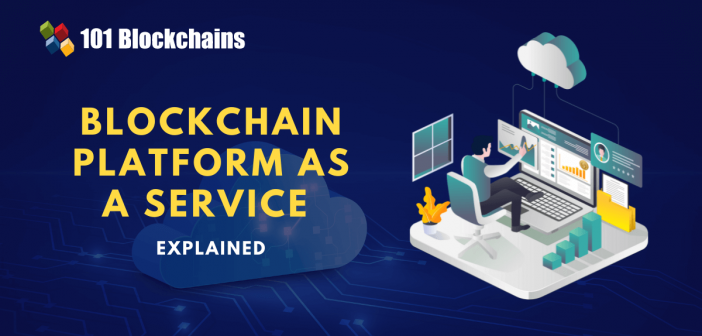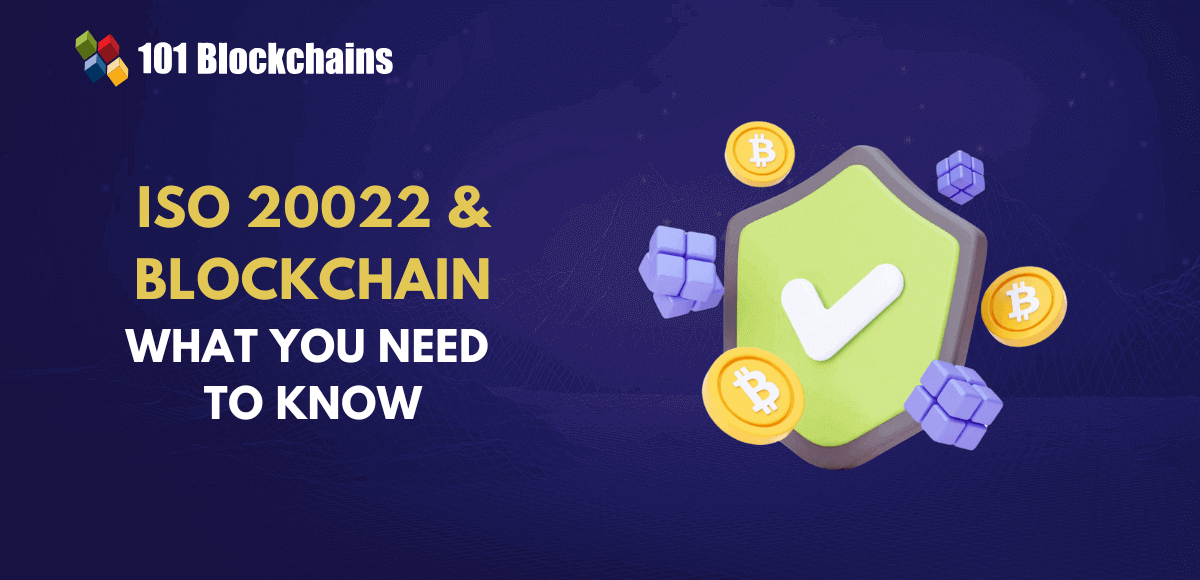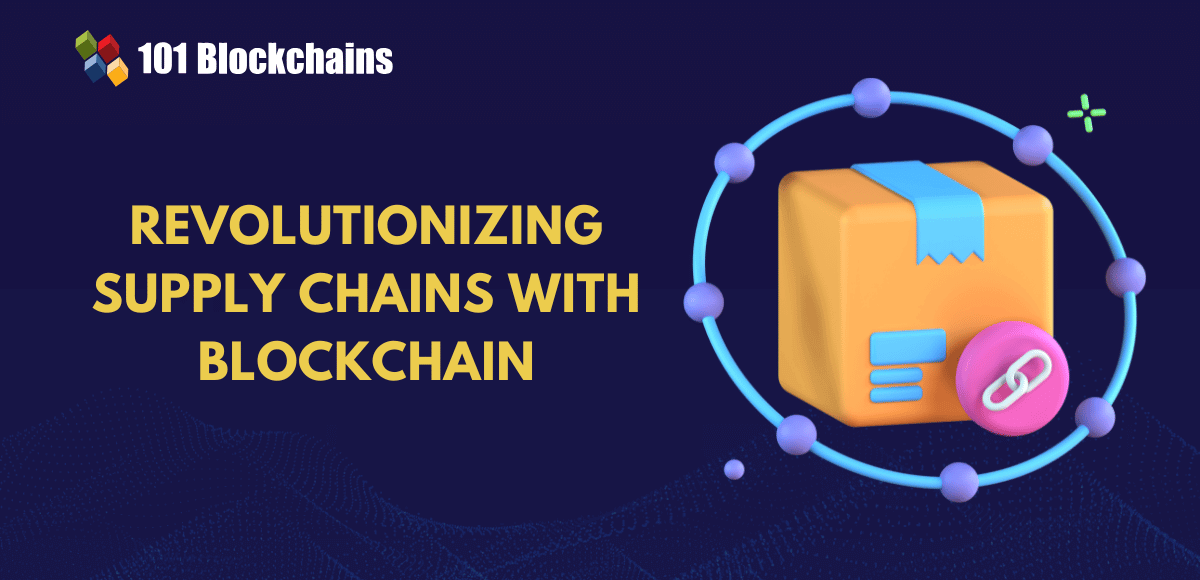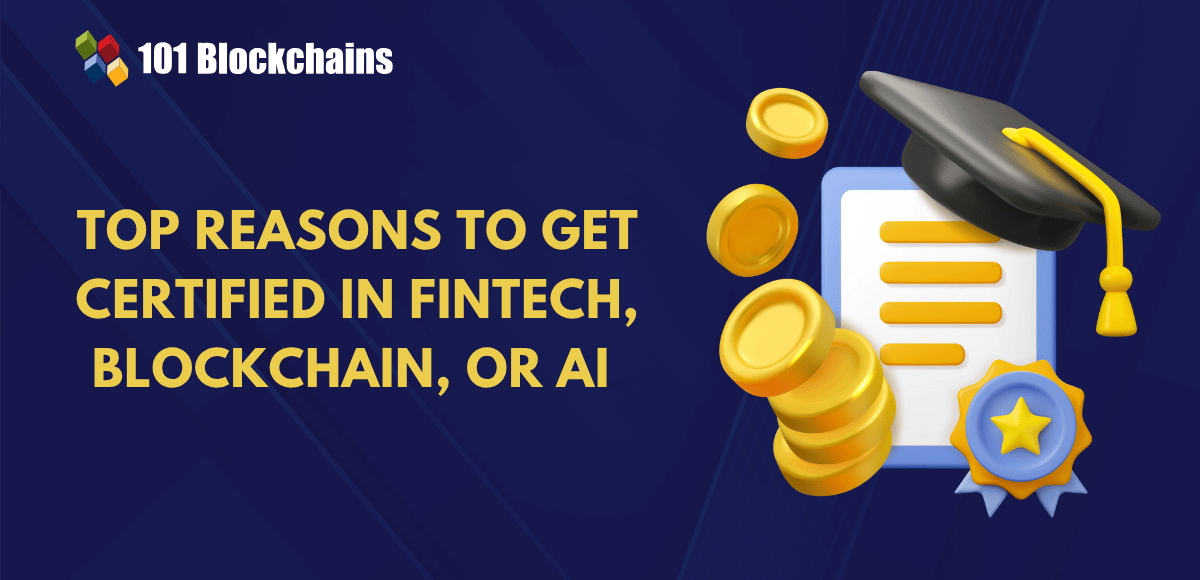Learn how blockchain truly works, master key definitions, and uncover what makes smart contracts so "smart." Dive into the fundamentals, gain valuable insights, and start your blockchain journey today!

- Blockchain
Diego Geroni
- on October 22, 2021
Know Everything about Blockchain Platform as a Service
Every new technology needs the relevant infrastructure, a supporting framework alongside the suitable resources for ensuring the desired functionality. Think of power stations, pipelines, and the power grid. Just like these infrastructures, you would need a specific choice of infrastructure for implementing blockchain applications. This is where you would need to take blockchain PaaS into account.
The different types of models for delivering blockchain services have a considerable influence on estimating the prospects for blockchain adoption. The following discussion offers a detailed overview of the blockchain Platform as a Service model with its advantages and setbacks. In addition, you could also find an outline of the notable players associated with the domain of BPaaS.
Want to understand the fundamentals of Blockchain as a Service (BaaS)? Enroll now in Getting Started With AWS Blockchain As A Service (BaaS) Course
Tapping Into the Potential of Blockchain Technology
Cloud computing is probably one of the best technological interventions in recent times. It has challenged the conventional perception regarding the organization, management, and delivery of resources and resources. Furthermore, it also provided an alternative for coping with the changing requirements of different businesses with better agility and flexibility.
Cloud service providers work on addressing the core needs of enterprises like storage, computational power, security, and infrastructure. In addition, cloud service providers have also started encouraging the adoption of new technologies like blockchain. Cloud service providers could remove the different layers of complexity and costs associated with the integration of blockchain and cloud technologies.
The inaccessibility of blockchain is one of the foremost aspects which emerges from its functional advantages. Blockchain offers the capabilities of consolidation of data ownership alongside security and a wide array of services in different domains. However, the design complexities and costly implementation process associated with blockchain serve as one of the foremost deterrents for enterprises. This is where you would need to look for a service delivery model like blockchain Platform as a Service.
Build your identity as a certified blockchain expert with 101 Blockchains’ Blockchain Certifications designed to provide enhanced career prospects.
The XaaS Model
XaaS just implies the ‘as a Service’ model, which refers to the group of delivery models used by cloud providers. The three common models used in the domain of cloud computing include,
- Software as a Service (SaaS)
- Infrastructure as a Service (IaaS)
- Platform as a Service (PaaS).
It is also important to note that blockchain is not the only technology that works with “as a Service” model.
The Need for Blockchain PaaS
The invaluable traits of blockchain have been responsible for boosting its growth over the course of time. The IDC European Tech and Industry Pulse Survey, 2019-2020, indicates a profound growth in the adoption of blockchain and DLT technologies through different countries and industries. Blockchain is a crucial requirement for businesses in modern times as they wouldn’t work in isolation.
As a matter of fact, blockchain introduces a fundamental ecosystem technology that would create synergy among different participants in the same ecosystem. In such cases, the blockchain community calls for ensuring enterprise-ready and transformative business models, thereby giving birth to Blockchain PaaS delivery models.
Is Blockchain a PaaS?
Any individual learning about blockchain would find doubts about blockchain itself being a PaaS-type technology. Irrespective of the substantially growing popularity alongside an awareness of blockchain in the world of business, blockchain adoption still encounters many setbacks. The setbacks include technical complexities as well as costs of creation, configuration, and maintenance of blockchain infrastructure.
Furthermore, developing and maintaining modern software applications could present considerable complexities. Enterprises would have to work on regular updates for the software applications for addressing security issues alongside improving features for addressing customer demands. In addition, maintenance and upgrades for the platform associated with the app also increase the complexity associated with blockchain implementation.
So, blockchain itself is not a PaaS. On the contrary, the type of using blockchain with a PaaS or Platform as a Service delivery model would result in Blockchain PaaS. The Platform as a Service solution could help enterprises in turning their focus on the development of software alongside other services for customers.
Interestingly, enterprises or developers don’t have to worry about managing, updating, or maintaining the platform hosting the application. Among the different types of Blockchain as a Service (BaaS) models, the Blockchain Platform as a Service model has been gaining profound levels of attention in recent times.
What is Blockchain PaaS?
Blockchain PaaS basically focuses on developers and programmers by offering the functionalities for creating, running, and managing their own applications. Developers do not have to worry about the development and maintenance of complex hardware infrastructure with BPaaS. The cloud provider would cover all the elements required for the development and maintenance of a software application. Some of the notable elements include hardware installation, infrastructure updates, and server maintenance. Developers could save a lot of time from these activities and focus on the code and new application features.
With the substantially growing popularity of blockchain technology, many cloud service providers have introduced Blockchain Platform as a Service offering. Interestingly, BPaaS can offer prolific advantages for blockchain adoption while reducing the pressure of installation and integration from users on service providers.
It can deliver an ideal solution for developers interesting in developing blockchain-based applications without worrying about management of operating systems, storage, infrastructure, or software updates. BPaaS also presents favorable opportunities for enterprises and businesses aspiring to enter the domain of blockchain. It can effectively reduce the pressure of system management, updates, and maintenance for enterprises to enable them to explore and experiment with blockchain and the relevant features.
Curious to learn about blockchain implementation and strategy for managing your blockchain projects? Enroll Now in Blockchain Technology – Implementation And Strategy Course!
Value of Blockchain PaaS
People have doubts such as ‘Is blockchain a PaaS?’ because Platform as a Service is probably the best delivery mode suited for blockchain. BPaaS is appealing because providers could manage or develop IT infrastructure alongside software for its operations. Interestingly, Blockchain PaaS is generally developed over an IaaS platform for reducing the necessity of system administration.
As a result, enterprises could access a completely new perspective of BPaaS with the opportunity for experimenting with blockchain apps and smart contracts. Service providers can take care of management tasks for the network. The most important factor about BPaaS refers to the opportunity for enterprises to emphasize developing applications or offering services to customers without having to worry about management, updates, and maintenance for platform hosting the application.
The Blockchain Platform as a Service model places a larger share of the control over the infrastructure in the hands of the service providers. Therefore, it is important to add a certain level of simplicity and centralization for making the model flexible for developers. Many enterprises consider the flexibility in the BPaaS solutions as the most valuable trait of the assets.
The model can enable enterprises to leverage most blockchain technologies such as data security, improved transparency, trust, and accountability. Enterprises and developers could achieve these improvements without the pressure of developing their own blockchain infrastructures. Furthermore, Blockchain PaaS ensures that they don’t need to worry about managing security patches and software updates or investing in high-cost computing resources.
Build Your Career in Enterprise Blockchains! Enroll Now in 101 Blockchains’ How to Build Your Career in Enterprise Blockchains Course.
Benefits of Blockchain PaaS
Blockchain Platform as a Service delivery model is gaining considerable popularity in the world of blockchain as a fast and highly cost-effective solution. It offers a prolific solution for blockchain developers to come up with unique applications by taking away the need for development, maintenance, and upgrades of personal software and system. The notable benefits of Blockchain PaaS include the following entries.
-
Cost-effectiveness
BPaaS model ensures cost-effectiveness as you don’t have to invest in maintenance, upgrades, or replacements for systems and software.
-
Time Savings
Platform as a Service model ensures faster testing and implementation of blockchain applications, thereby ensuring time effectiveness.
-
Improved Scalability
Blockchain Platform as a Service provider could also introduce a comprehensively robust infrastructure capable of scaling up and down according to customer demands.
-
Ease of Use
Most important of all, users would not experience any type of difficulties in operating BPaaS solutions. Even without any comprehensive knowledge in system administration, users could make the most of BPaaS solutions.
-
Convenience
Platform as a Service vendors proactively responds to the concerns of compatibility, upgrades, and other issues which emerge with the evolution of blockchain frameworks. Major vendors can reduce a lot of the complexity and effort while enabling customers to use new open source-based solutions.
-
High Availability and Accessibility
The most crucial benefit associated with Blockchain PaaS refers to the high availability and accessibility. It is possible to access blockchain from virtually anywhere. At the same time, the PaaS vendors also ensure the availability of operating systems, firewalls, security systems, and server software at all times.
Start your blockchain journey Now with the Enterprise Blockchains Fundamentals
Risks Associated with Blockchain PaaS
Basically, the BPaaS model offers a secure platform for encouraging B2B collaboration on the foundation of a high-performance cloud platform. However, enterprises should also consider the setbacks of the Blockchain Platform as a Service model for determining its feasibility. Here are some limitations of the BPaaS model you should take into account.
- Clients could have the risk of losing internal know-how by placing control in the hands of service providers.
- Service providers have control over the infrastructure in the Platform as a Service model. Therefore, clients have to work on ensuring a specific level of centralization with transactions passing through the blockchain services of the host platform.
- Implementation of Blockchain PaaS also requires customization of legacy systems for working effectively, thereby implying the need for considerable economic investments.
- Clients could face limitations in direct access to the security configuration systems in cases where data falls in a third-party server.
- Most important of all, clients could face a lock-in scenario when the provider does not offer migration policies or conditions for interoperability among the different providers.
Leading Players in the Blockchain PaaS Market
The final aspect in understanding the Blockchain Platform as a Service model would point towards an outline of notable players. You could find a broad market for BPaaS solutions with many providers dealing with diverse dimensions. Here is an outline of some of the notable BPaaS solution providers you can find presently.
-
Amazon Managed Blockchain
Amazon introduced a managed blockchain service towards the end of 2018 and presented it for general availability in 2019. Amazon Managed Blockchain serves as a completely managed service for enabling infrastructure for creating and managing blockchain networks.
It is one of the promising examples of Blockchain PaaS with reduced overheads needed for the creation of network and security components. As a result, customers could create blockchain networks spanning multiple AWS accounts. Therefore, it can help a group of members in executing transactions alongside sharing data without central authorities.
-
IBM Blockchain Platform
The IBM Blockchain Platform is also another promising example of Blockchain Platform as a Service provider with a managed, full-stack, blockchain-as-a-service solution. Customers could easily create a blockchain network with IBM Blockchain Platform through an easy-to-use interface for the management of networks, smart contracts, and channels. Customers could also get the benefits of improved performance and security required for specific use cases in regulated industries.
-
Azure Blockchain Services
Another top player in the Blockchain PaaS domain refers to the Microsoft Azure Blockchain Services. Microsoft is one of the pioneers in delivering blockchain services, and the Microsoft Azure blockchain delivers a fully managed ledger service. Users could get the ability of development, governance, and expansion of blockchain networks, according to the desired scale in the Azure cloud computing service.
You can find three different solutions in the Microsoft Azure blockchain products and services. They include the Azure Blockchain Service, Azure Blockchain Development Kit, and the Azure Blockchain Workbench. The Microsoft Azure Blockchain solutions work in the following ways,
- Azure Blockchain Service offers the initial point for creating application prototypes.
- Azure Blockchain Workbench provides the foundation for the development, governance, and deployment of completely managed blockchain applications and networks.
- Azure Blockchain Development Kit serves as a comprehensive GitHub repository, featuring developer blockchain content such as code samples and accelerators.
Start learning Blockchain with World’s first Blockchain Career Paths with quality resources tailored by industry experts Now!
Final Words
The Blockchain Platform as a Service delivery model is definitely favorable for developers and programmers aspiring to introduce new solutions. Without the pressure of developing, managing, and maintaining the infrastructure for blockchain applications, developers could focus on the core solution. The Platform as a Service model offers many benefits of scalability, time-effectiveness, cost-effectiveness, and convenience.
At the same time, it also has some setbacks, such as a lack of control over the infrastructure. The involvement of many notable cloud service vendors such as AWS, Microsoft Azure, and IBM in the BPaaS domain present many other favorable prospects for the future. Learn more about the BPaaS model and explore its value right now.
*Disclaimer: The article should not be taken as, and is not intended to provide any investment advice. Claims made in this article do not constitute investment advice and should not be taken as such. 101 Blockchains shall not be responsible for any loss sustained by any person who relies on this article. Do your own research!






